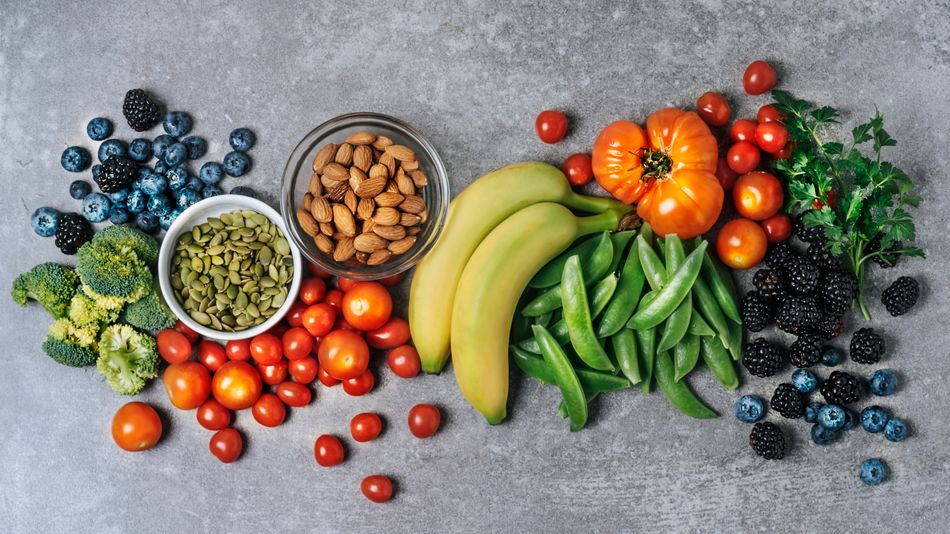Many people now think organic food is safer, healthier, and tastier than regular food. Others say it’s better for the environment and improves animal welfare.
You can pay up to 200 per cent more for an organic label, but is it all marketing hype?
It’s easy to see how organic is perceived as healthier – the image of wildlife and nature untouched by mankind. It can paint a very vivid picture in our imaginations of the way we want to see the food we eat in harmony with the world.
As a result, people are willing to pay more for this ideal. But while the more privileged among us may be able to shop organic, for many people it is simply not an option.
So what to do? Here, I’m going to set out what the evidence shows.
WHAT DOES ‘ORGANIC’ CURRENTLY MEAN?
The focus of organic production is usually based on environmental sustainability and human wellbeing.
Organic agriculture is bound by regulations that restrict the use of artificial chemicals, hormones, antibiotics and genetically modified organisms (GMOS). For something to be organically certified, only organic pesticides are allowed. The EU organic logo, for instance, can only be used when 95 per cent of ingredients in a product meet these standards.
In the UK, organic food may also be certified with the Soil Association logo. Products must meet both EU standards as well as a higher set that protect animals, people, and environment.
THE EVIDENCE FOR ORGANIC
While there may be respected studies that find more nutrients in organic foods, a great many others have found insufficient evidence to recommend organic over non-organic for health or safety.
One review of 233 studies concluded that there is no strong evidence to suggest that organic foods are significantly more nutritious than conventionally farmed foods. This was also the conclusion of the UK Food Standards Agency, though its research considered just 11 studies. (The FSA publicly supports consumer choice and is not pro or anti organic food.)
There are some small nutritional differences in organic foods, but they are marginal and won’t play a significant difference in overall health.
Some organic products have been found to be a bit higher in phosphorus but lower in protein. Organic cow’s milk may contain higher levels of omega-3 fatty acids, iron, and vitamin E than non-organic, but, again, less of other nutrients such as selenium and iodine.
I often advise clients in my clinic to opt for some organic food – free-range eggs and meats – but certainly not exclusively, as it’s definitely not essential for good health.
When it comes to meat and dairy, according to the Soil Association, organic flocks have more space to roam. This may potentially have a role in the quality of nutrition from the animal. However it really is a marginal difference and you should not feel bad or worry if you cannot afford to buy organic.
Having said that, I always try to encourage clients to buy sustainably sourced fish. The environment is changing and we really need to ensure the decisions we make are going to help the future of the planet. This means eating less animal produce and better sourced animal produce.
Agricultural research is renowned for varying results. The nutrient content of food depends on so many factors, including soil quality, weather conditions, and when the crops are harvested (which differs throughout the world). The composition of dairy products and meat can also be affected by differences in genetics and what diet animals are fed. Even the natural variations in the production and handling of foods make comparisons difficult. So the results of research studies should be interpreted with caution.
Ultimately, there is not enough strong evidence available to prove that eating organic foods provides added health benefits when compared to eating conventionally farmed foods.
WHAT ABOUT PESTICIDES?
Conventional farming relies on the use of chemical pesticides. Although overall they are safe, we are advised to wash our produce before we eat it to remove pesticide residues. Some research suggests that high exposure to pesticides in early life may harm cognitive development, but findings are mixed.
extracted from The Science of Nutrition: Debunk the Diet Myths and Learn How to Eat Responsibly for Health and Happiness’ by Rhiannon Lambert, £20, published by DK .




